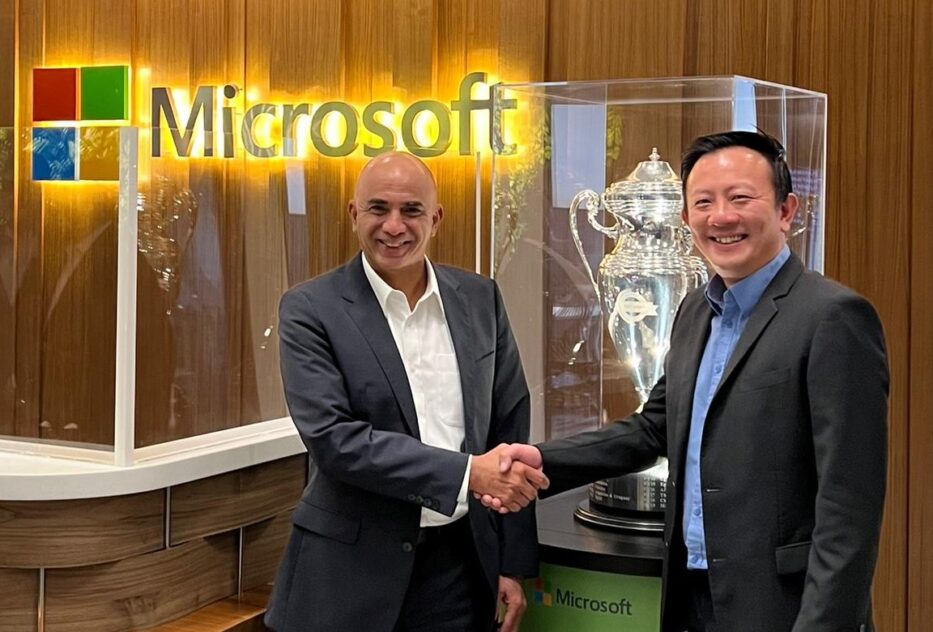AN integral part of financial planning, proper medical planning is vital to shield an individual from medical bills that can cause financial catastrophe. This is part of risk management.
It is a known fact that medical bills, especially of private hospitals can run very high depending on severity of a patient’s illness, procedure and length of stay.
Consumers have been educated that the wisest thing to do in this regard is to transfer the risk to an insurance company.
Today, the industry standard for hospitalisation benefits is to have at least RM1 mil a year with no lifetime limit. This should give peace of mind to policyholders with regard to future medical costs.
Despite the high annual limit and benefits, there are certain scenarios which may catch the policyholder by surprise as they seek treatment for their ailment. Here are some case studies which are not exhaustive but will give you an idea of what I mean:
Case 1
A client contracted COVID-19 and had to be warded at the Malaysia Agro Exposition Park Serdang (MAEPS) in Serdang, Selangor. At the end of the day, she could not claim the daily hospital income benefit because MAEPS does not fulfil the definition of a government hospital.
Case 2
A client was hospitalised but still required to pay hospital administration fees, isolation gown and COVID-19 test which amounted to a couple hundred of ringgit. Aren’t all these mandatory requirements prior to patient admission? However, the terms are clearly spelt out and those charges will not be reimbursed.
Case 3
Prenatal policy allows jaundice claims for new born babies. However, the claims were rejected because the baby’s bilirubin level does not meet the claimable level as per the policy contract.
Case 4
A patient’s guarantee letter (GL) was declined as the insurer needed to investigate further given the policy was still new. So, it ended up being a situation where the policyholder had to pay first and claim later.
Case 5
A policyholder’s GL was declined as he was not warded in panel hospital. Thus, it had to be on a pay first and claim later basis. Some expenses were deemed as “not medically necessary” and an appeal was set in motion to the insurer.
Case 6
A policyholder’s GL was declined although the patient had sought treatment in a panel hospital. Further investigation revealed the reason was that the doctor-in-attendance was known for higher-than-normal charges.
The said policyholder was naturally very upset because the doctor was selected based on reviews and recommendations. The insurer’s decision was to reimburse based on reasonable and customary charges for the procedure and any amount in excess was to be settled by the policyholder.

Clarity of mind
In summary, there is no amount of explanation during the proposal or even policy delivery stage that can prepare policyholders for such devastating news from the insurer when the time comes.
What is my point in writing this? What can you do?
- Ask specific questions before the proposal is signed.
- In as much as possible, strive to obtain a GL prior to admission in a panel hospital.
- Build a healthy savings account for emergency funds (in the event of pay first and claim later).
- Understand the terms and conditions of your hospitalisation plan as it is a policy contract.
- Have an open communication with your agent/financial adviser on topics like these. More often than not, they will be able to help you if you encounter such problems. They can also help to clarify any news/rumours on social media with regard to this.
As mentioned above, medical insurance is still a vital solution in one’s financial plan. If we choose not to take it up, what are the implications if we are hospitalised and the final bill comes up to six-figures? That will put most people in debt or even bankruptcy.
Let’s not throw the baby out with the bathwater. Just because one thing is not perfect, it does not render the whole thing useless. For every case listed above, there are many more successful stories where many were relieved to have planned in advance. — Jan 16, 2022
Kam Teik Guan, CFP, is a certified member of the Financial Planning Association of Malaysia (FPAM) and a licensed financial planner with IPPFA Sdn Bhd.
The views expressed are solely of the author and do not necessarily reflect those of Focus Malaysia.










